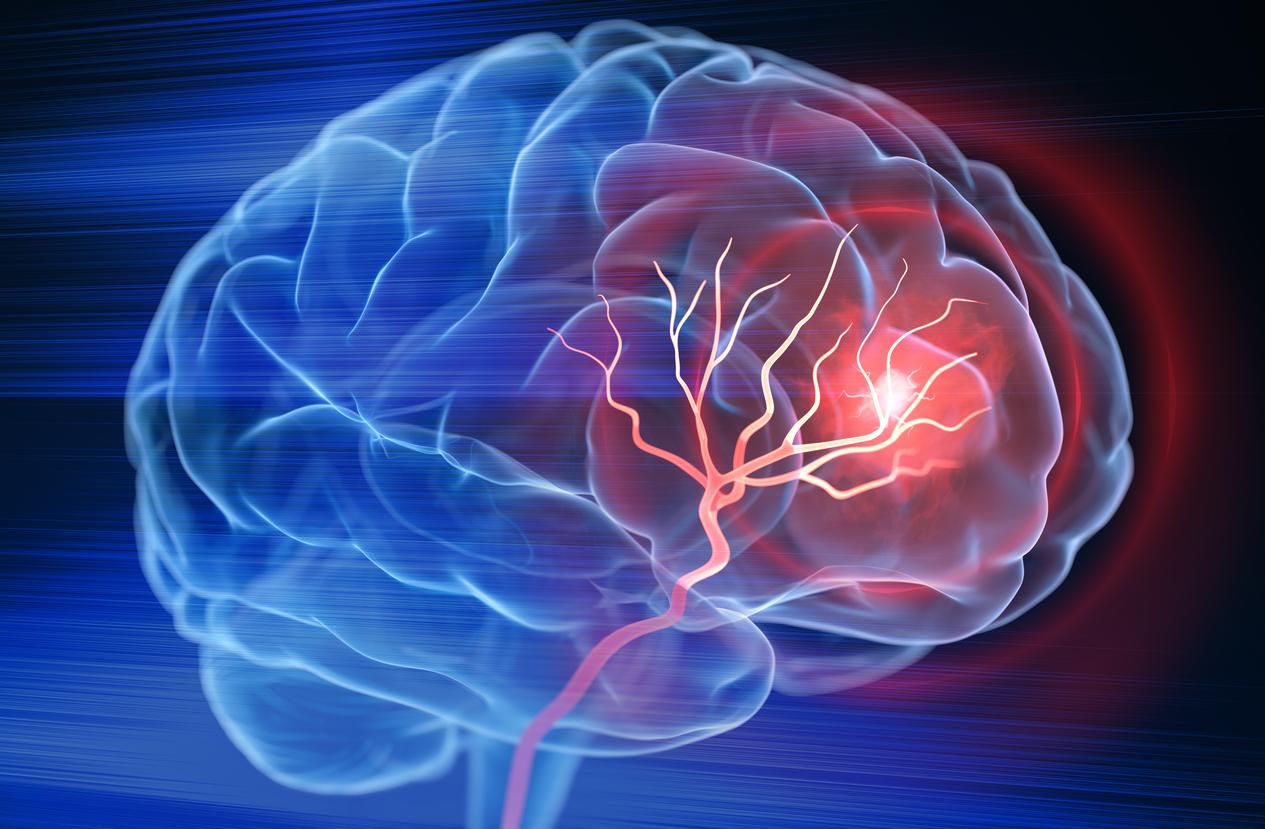Monday, December 9, Inserm the results of an expertise on developmental coordination disorder (DCD) or dyspraxia. The goal is to come up with recommendations to help children who are affected.

About 5% of children have developmental coordination disorder (DCD) or dyspraxia. If this affliction, which is characterized by difficulties of coordination in daily life and learning at school, is still little known in France, the rest of Europe is more aware of it. In order to make France aware of this condition and to respond to the National Solidarity Fund for Autonomy concerning the care of children who are affected, theInserm published on December 9 the results of a collective expertise on the subject.
This document is the result of a two-year study aimed at reviewing specific knowledge about TDCs. During this period, experts have reviewed more than 1,400 international articles on the subject. Inserm has therefore come to the conclusion today that: “this disorder is heterogeneous in its severity but also in its form, both in terms of deficiencies and functional skills and the repercussions which can be significant on activities, social participation and quality of life of the child and on his life as an adult.”
In detail, children with CDD have more difficulty than their peers of the same age in getting dressed, eating meals, grooming themselves and sometimes have difficulty in writing or in activities requiring some motor coordination. These disorders are also sometimes linked to other neurodevelopmental disorders (of language, attention, learning, etc.), as well as to a high risk of anxiety, emotional and behavioral disorders. All this can of course have an influence on the quality of life of the child and on his participation in school life.
A rapid diagnosis accessible to all
“A major challenge is therefore to establish personalized and effective care and support for each child concerned. This requires a precise diagnosis and an adapted health course to promote the autonomy, inclusion and quality of life of these people”, therefore writes Inserm, according to which the recommendations can be summarized according to three axes.
The first is to guarantee access for all to a diagnosis, as quickly as possible. It is therefore necessary to train health professionals (general practitioner specially trained in developmental disorders, psychomotrician or occupational therapist). For this, it is necessary to deepen the criteria and standardize tools with international standards, indicates the report.
Secondly, the experts invite, once the diagnosis has been made, to set up an intervention taking into account the profile of the child, his quality of life and that of his family. Group sessions could, for example, be adapted to the least affected children and individual sessions offered to the others. Finally, “this also involves raising awareness and training the actors involved in interacting with the child in daily life”, notes Inserm. It is therefore essential to involve teachers and schools in the management of these disorders, so that children can successfully complete their education.
.

















